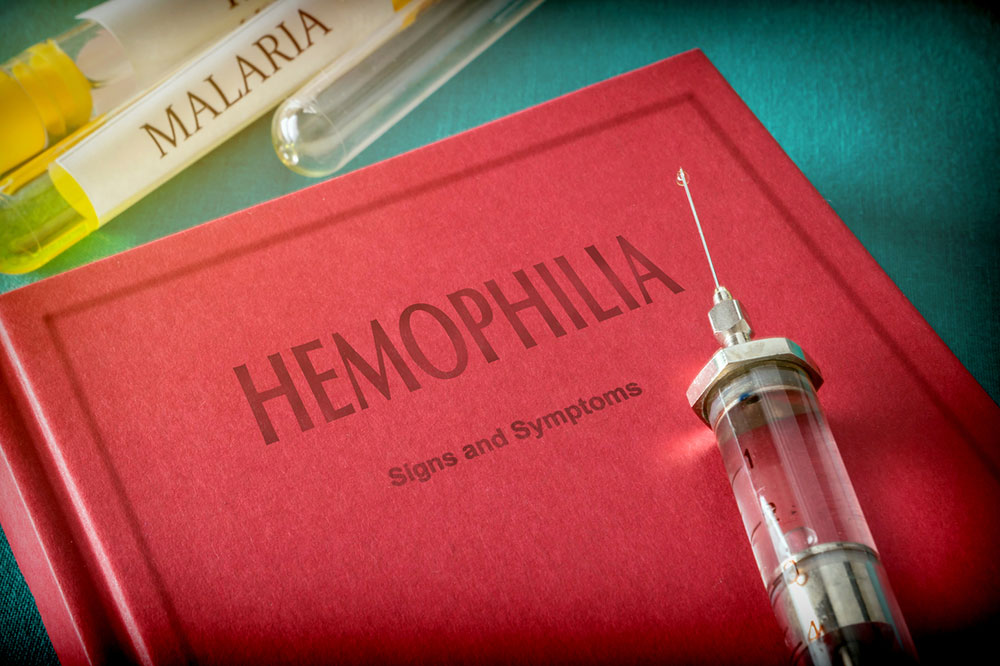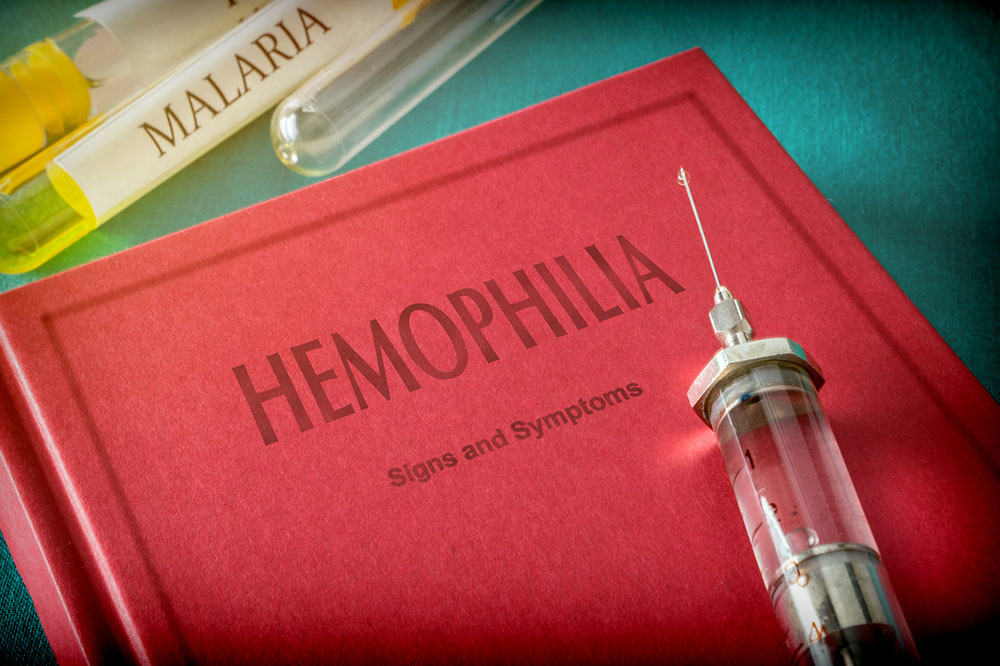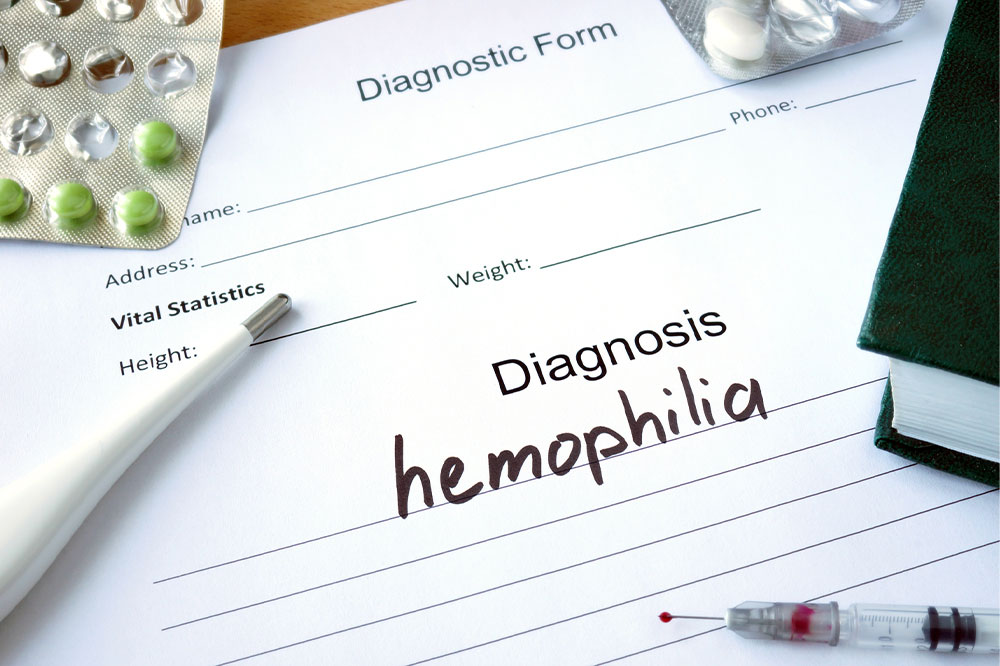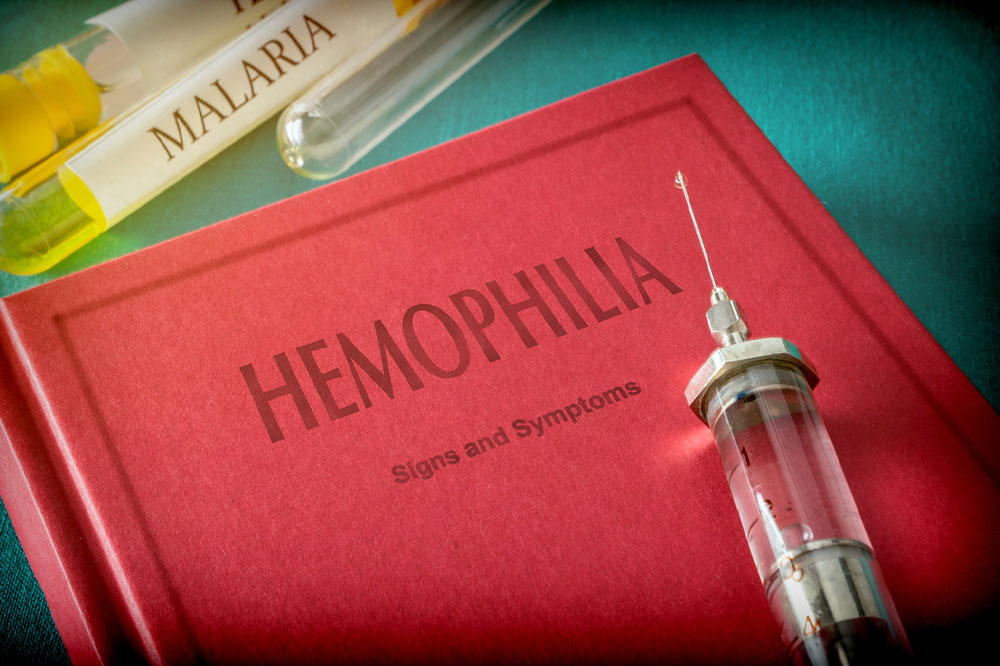Understanding Hemophilia: Key Symptoms and Severity Levels
This article explains hemophilia, detailing its main symptoms and how severity influences its presentation. It covers mild, moderate, and severe forms, emphasizing the importance of timely medical intervention to prevent complications like internal bleeding and joint damage. Recognizing symptoms early can improve management and outcomes for individuals with this inherited bleeding disorder.

Understanding Hemophilia: Key Symptoms and Severity Levels
Hemophilia is a rare inherited disorder characterized by a deficiency of blood clotting proteins known as clotting factors. These factors help stop bleeding by forming a sticky clot at injury sites. Without enough of them, individuals face prolonged bleeding both inside and outside the body. The manifestation of symptoms varies based on the severity of the condition.
Mild cases
Individuals with mild hemophilia often show no prominent symptoms. However, they may experience excessive bleeding after surgeries or injuries like falls. Women might encounter heavy bleeding during childbirth or menstruation.
Children with mild hemophilia might remain unaware of their condition until adulthood.
Moderate cases
People with moderate hemophilia tend to bruise easily and bleed excessively from minor injuries. Spontaneous bleeding and unexplained bruising can occur, especially after injections. Joints affected by bleeding may become painful and swollen. Without prompt treatment, joint damage and severe pain can result. Signs like easy bruising are often noticeable in children with this level of hemophilia.
Severe cases
Symptoms in severe hemophilia resemble those of moderate cases but are more intense. Frequent spontaneous bleeding, including nosebleeds, joint bleeds, and gum bleeding, are common. If left untreated, internal bleeding and joint deformities may develop. Children often experience spontaneous bleeding episodes. One serious complication is brain hemorrhage, which can follow minor head injuries. Symptoms include severe headaches, dizziness, and double vision, requiring urgent medical attention.
Hemophilia is a critical condition that requires prompt diagnosis and management. Ignoring symptoms can lead to severe health consequences. If you notice any signs, seek immediate medical care.










